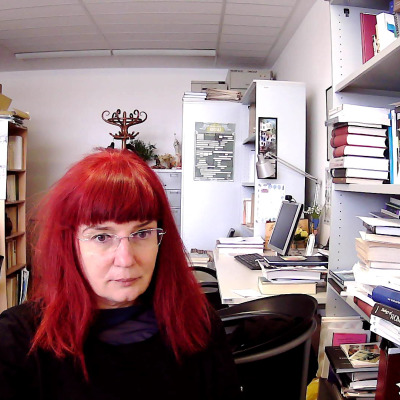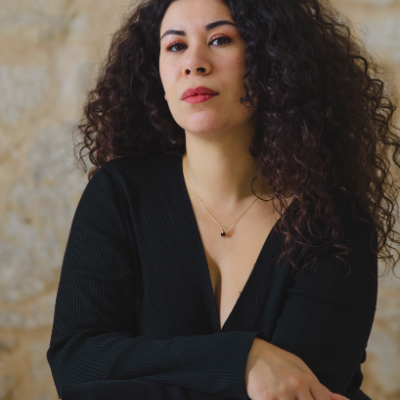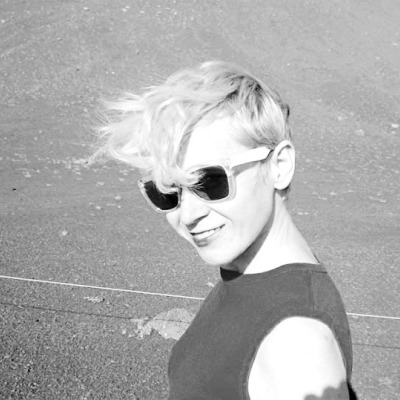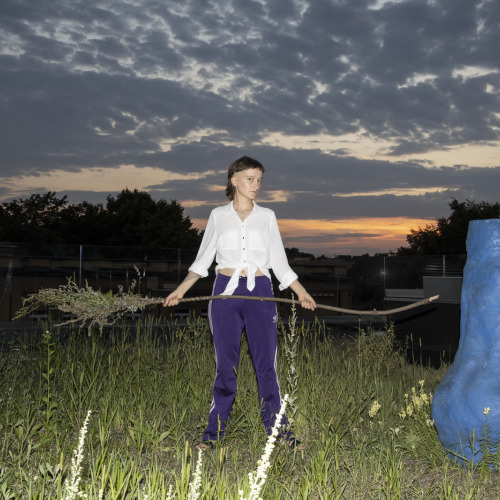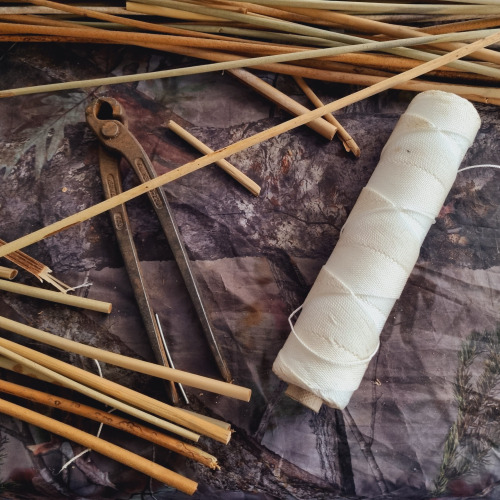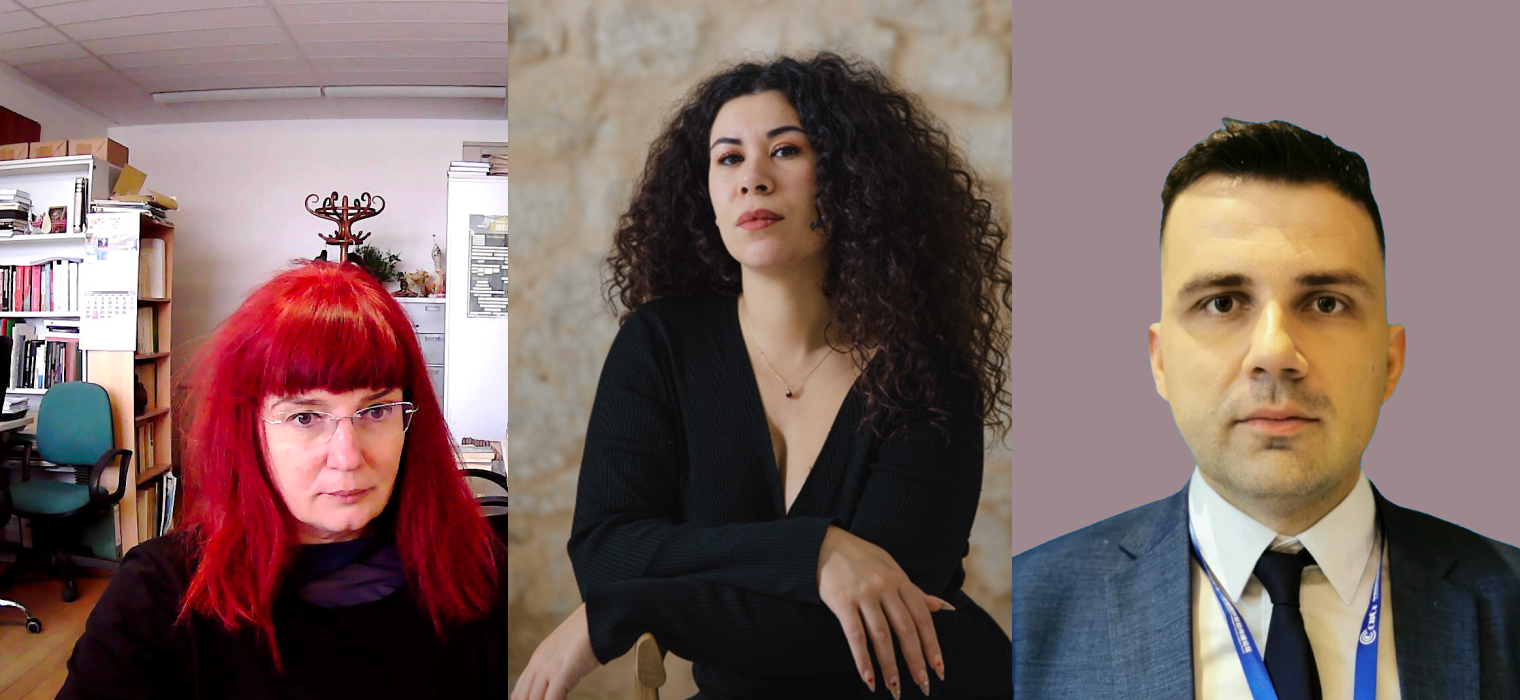
Bridging Theory and Practice (2nd panel)
Goran Đurđević and Suzana Marjanić
Myriam Bahaffou
moderated by Ewa Chomicka
This panel will showcase various approaches to ecofeminism presented by researchers who have recently published books on the subject. Ecofeminism: Between Women’s and Green Studies (Ekofeminizam: između zelenih i ženskih studija, Durieux Publisher, Zagreb, 2020), edited by Goran Đurđević and Suzana Marjanić, focuses on ecofeminism within the context of Southeast Europe. It provides an analysis of social processes and structures, as well as perspectives on activism from individual groups and actors in public life. Myriam Bahaffou, starting with her book Glitter on Compost: Everyday Ecofeminisms (Le Passager Clandestin, 2022), analyzes ecofeminism through everyday practices and linguistic perspectives, building upon them concepts.
During this panel, we will explore various approaches to the question of ecofeminism and the intersection of theory and practice. We will also ask panelists about the most urgent issues in the feminist and environmental field, and inquire about how we can implement "ecofeminisms" in our daily lives. The panelists will join the event via zoom.
Goran Đurđević and Suzana Marjanić: Ecofeminism/s – Theory and Practice in a Neoliberal Hegemony
The editors, Goran Đurđević and Suzana Marjanić, are going to present the book Ecofeminism: Between Women’s and Green Studies (Ekofeminizam: između zelenih i ženskih studija, Durieux Publisher, Zagreb, 2020), consists of 40 texts from the humanities, social sciences (anthropology, journalism, political science, sociology, literary theory, the science of education), and art (poetry and prose), written by 37 authors from Croatia, Australia, Bosnia and Herzegovina, Italy, North Macedonia, Serbia, Slovenia, the United Kingdom, and the United States. The aims of the collection are: to actualize ecofeminism and encourage critical reflection and analysis of long-term ecofeminism in Croatia and Southeast Europe; to permeate global and local approaches and knowledge transfer; to be open to young authors. For these reasons, the book can be read on several levels. On a theoretical level, it is a contribution to the knowledge of the theory of ecofeminism in the context of contemporary trends. On a socio-political level, it functions as an analysis of social processes and structures. It can also be seen through the analytical perspective of activism of individual groups and actors in public, performative, and political life. The final part of the volume is a collection of poems. This part of the book shows a holistic approach to ecofeminism and the integration of scholarship, essays, and art which leads back to the roots and indigenous perspectives of life and community understood as integration.
Myriam Bahaffou: Hybrid Languages, Hybrid Lives: Ecofeminist Language in Glitter on Compost as a Relational Praxis.
Glitter on Compost: Everyday Ecofeminisms (Le Passager Clandestin, 2022) is a book written by Myriam Bahaffou focusing on ordinary experiences which, she believes, should constitute the primary matter of ecofeminism. This presentation aims to better understand the textual hybridity of the book, its reasons, origins and uses. Indeed, Myriam Bahaffou chooses to start each chapter with a daily life moment, rooting every thought in bodily experiences, sometimes banal, apparently unworthy of theoretical attention. But philosophical concepts and academic references are also present, deviating the traditional uses of that literature. Plus, the two chapters written by artists in the book make the style harder to classify: is this book about political theory, life story, art ? How do those languages merge, and most importantly, why, and how this choice of multiple narrative style is political, echoing ecofeminist and decolonial writing practices? We will dig into the question of popularization/vulgarization and see how this practice constantly used throughout the book entails a reflection about the very nature of knowledge.
